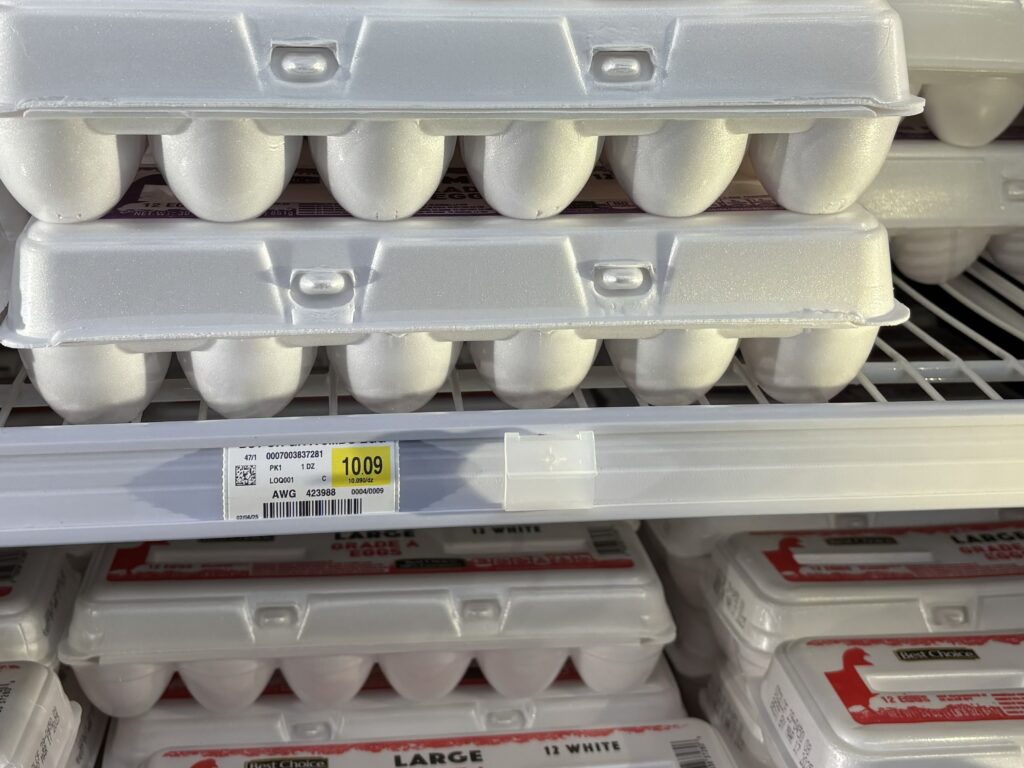Today, Family Farm Action Alliance, in partnership with Open Markets Institute, released a groundbreaking report titled, “The Food System: Concentration and Its Impacts,” at a virtual event featuring Sen. Cory Booker. The report was authored by Dr. Mary Hendrickson, Dr. Phil Howard, Emily Miller, and Dr. Douglas Constance.
Sen. Booker offered remarks about the report, stating, “Consolidation in our food system is a grave threat to our family farmers and rural communities, and this important new report from Dr. Hendrickson reinforces the urgent need for Congress to take action to address corporate concentration and create a food system that is rooted in fairness and opportunity for all.”
The event featured a conversation with Dr. Hendrickson, rural sociologist and leading food system scholar, who discussed the implications of a concentrated agrifood system. Dr. Hendrickson stated, “Even with my years of examining consolidation in the food system, I am profoundly distressed by its ecological waste, the erosion of communities, and its callous treatment of human beings. Consciously or unconsciously, we have created this system and we can change it.”
The report provides the latest updated data on agricultural market shares in the U.S. as part of a holistic and comprehensive analysis of the shortcomings of our overly concentrated food supply chain. It also includes bold proposals for decentralizing our agri-food system to move power out of the control of just a few. Highlights include:
- An updated analysis of the current state of concentration where in the U.S., the top 4 companies control 80% of soybean processing, 73% of beef processing, and 67% of pork processing; and globally, the top 4 control 65% of agrochemicals, 58% of animal pharmaceuticals, and 50% of seeds.
- The cost to the U.S. of an industrial feed-meat complex that reinforces extensive monocropping, chemical inputs, dangerous farmworker conditions, and environmental degradation for the sake of corporate profit is over $44 billion per year in soil erosion, and at least $100 million in lost farm income.
- A call for policies that democratize the agrifood system through antitrust enforcement, prioritizing racial equity, transforming and redirecting production subsidies, and empowering alternative and localized food systems and economies.
The report is founded on the premise that monopolistic control is no longer about accumulating capital or profits, but rather amassing and protecting power. These few points, among others in the report, demonstrate that concentration is a tool for corporations to maintain power and control – not to feed people.
Read the report here and the event recording will be uploaded here.
###
Family Farm Action Alliance is a national research, policy development, market innovator, and advocacy organization working to build a sustainable, inclusive economy in which everyone has the right to share in the prosperity they help build and that respects our land, natural resources, and neighbors around the world.
The Open Markets Institute is a Washington, D.C.-based non-profit that uses research and journalism to expose the dangers of monopolization, identifies changes in policy and law to address them, and educates policymakers, academics, movement groups, and other influential stakeholders to establish open, competitive markets that support a strong, just, and inclusive democracy.
Author Bios:
Mary K. Hendrickson is Associate Professor in the Division of Applied Social Sciences at the University of Missouri. In over 40 articles, chapters and reports that have appeared in journals such as Agriculture and Human Values, Journal of Rural Studies, and Geoforum, she examines the structure of agriculture and food systems and envisions ways that farmers, eaters and communities can make them more sustainable. She teaches sustainable food and farming courses at MU and was a Fulbright Scholar to Iceland. Early in her career, she spent 15 years working to create place-based food systems as part of University of Missouri extension.
Philip H. Howard is a faculty member in the Department of Community Sustainability at Michigan State University, and a member of the International Panel of Experts on Sustainable Food Systems. He is the author of Concentration and Power in the Food System: Who Controls What We Eat? His visualizations of food system changes have been featured in numerous outlets including The New York Times, The Washington Post and The Wall Street Journal.
Emily M. Miller is a Policy & Research Manager at Family Farm Action Alliance, and sits on the boards of directors of the Women, Food & Ag Network and the Iowa Farmers Union. She holds a MS in Rural Sociology from the University of Missouri.
Douglas S. Constance is Professor of Sociology at Sam Houston State University in Huntsville, Texas, USA. His research focuses on the impacts of the globalization of the conventional agrifood system on rural communities and alternative agrifood systems. He has numerous journal articles, book chapters, and books on these topics. His most recent co-edited book is Contested Sustainability Discourses in the Agrifood System (2018) by Earthscan Press. He is past president of the Southern Rural Sociological Association (2003) and the Agriculture, Food, and Human Values Society (2008), and past Editor-in-Chief of the Journal of Rural Social Sciences.
Media Contacts:
Angela Huffman, [email protected]
Jackie Filson, [email protected]



